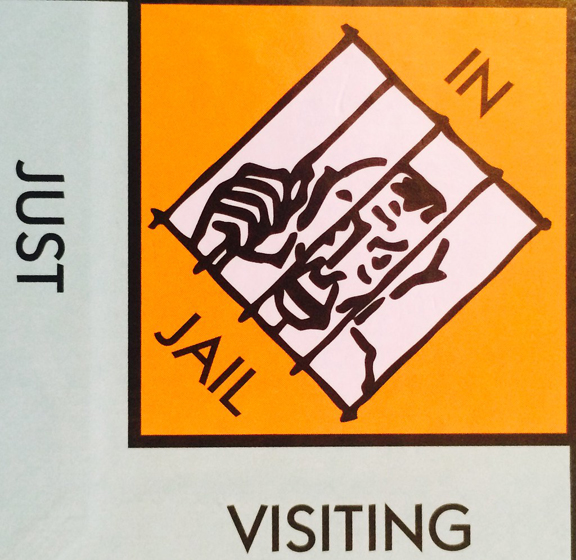
Coronavirus landed me in a country club. Many would consider it an enviable position, and it certainly is compared to landing in a hospital. But I hate golf. I dislike gated communities, which undemocratically keep out all but a chosen few. I dislike the idea that the annual fees here are larger than many Americans’ annual incomes. I find such assumed entitlement uniquely American. So what am I doing here?
Last year, I retired early and set about traveling the world, looking for some other country I might want to move to. My wife and I were in Avignon, France, when the COVID lockdown was announced. Things got very serious very quickly there. The evening of the announcement, we had strolled to a restaurant through a square crowded with café patrons and neighbors chatting on benches. When we came back, the square had emptied, and patrons were helping café owners chain their chairs together and shutter their businesses. We made our way to Paris for our flight the following day from Paris to Miami to Chicago, where we had lived before retirement. We started to explore near our hotel, only to find an electronic traffic sign in the middle of the main street flashing in French, “City center is closed.” The next morning before heading to the airport, we had to sign a form for the French police explaining why we were out in public, though it was just a 2 km drive from the hotel to the terminal.
We had been warned of long lines and heavy scrutiny upon arrival in the USA. But when we got to Miami, there were no lines. No one took our temperature. The government health representative who met us asked if we had any symptoms. I said no but that we knew we had to isolate for two weeks. “Oh, no,” she replied, waving away my suggestion, “if you don’t have any symptoms, you can just go about your life.” This was not correct as far I knew then and as I have been told many times since. In the Miami airport, few people wore masks, and fewer still practiced social distancing. Bars and restaurants were not only open, but packed with people. It was like I had been on two different planets in one day: one on which COVID was present and taken seriously, and one in which it was either not real or not deemed a threat. I was worried for my health and safety in this country.
Before traveling the world, we let our lease lapse and gave away all our possessions except for what fit in a small storage unit so we needed some place to sit out the pandemic. After we self-quarantined in Chicago for two weeks, we made our way out near Palm Springs, California, where my wife’s sister had retired to a country club. Moving so quickly country to country to country club helped me see that the behavior of Americans not complying with COVID guidelines is related to the entitlement felt by people in a gated community like this. Many here don’t bother to move six feet away. Maybe half wear masks, whereas about 90% did back in Chicago. People in this country and this country club seem unable or unwilling to follow guidelines like New Zealand’s that have led to a much lower death rate than other countries and a quicker reopening of the country. They act like these policies are being used to limit their personal freedoms for no reason. But there is a reason.
Coronavirus doesn’t care about Americans’ (self-assumed) rights. Coronavirus is not interested in Americans’ money. Coronavirus is not intimidated by Americans’ government. Coronavirus doesn’t care if Americans carry guns. And you know who else doesn’t? People in other countries. When I travel, the people I meet do not expect special treatment. They do not expect money to buy them special privileges. They do not expect guns to make their beliefs accepted, even in the face of facts. They’re not perfect. There is more anti-Semitism in Europe than in the United States. But there is a difference between being prejudiced and being foolish, between being human and feeling entitled. They know how science works. They respect facts. They still believe in cause and effect. And people in those countries (natives, immigrants, visitors) are safer than people in the U.S.; less likely to get killed by a gun; less likely to suffer poverty; and more likely to have access to medical care.
Like everyone, I’m looking forward to when COVID-19 is not as prevalent and deadly and I can get back to my life. For me, that life involves getting out of the United States again. I hope to find a safe place in case I need to ride out another pandemic. And I know that I’m not safe just by virtue of being in this country club—or this country.

